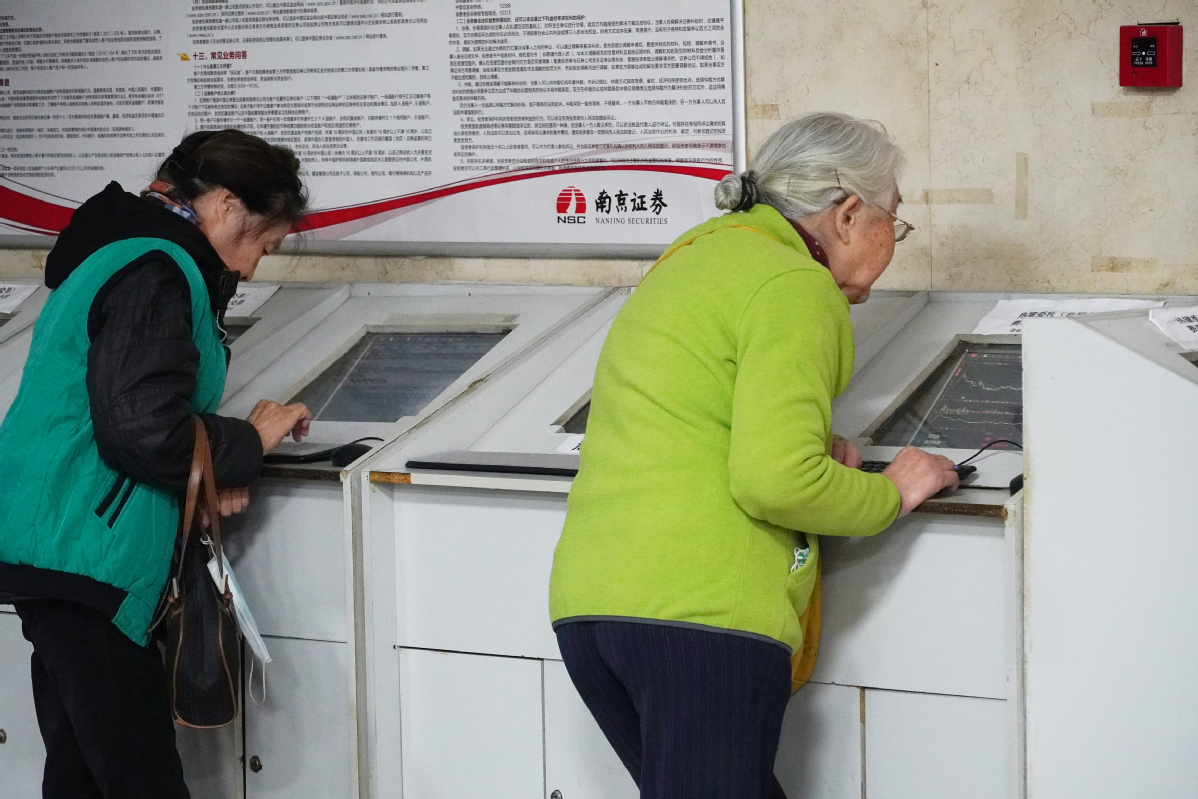A-share IPO pipeline to remain strong


Despite the challenges posed by the COVID-19 epidemic, continued reforms have helped sustain the appetite for initial public offerings on the A-share market, said experts.
Professional services provider Deloitte said 388 companies will have made their initial public offerings on the A-share market by the end of this year, up by 93 percent on a yearly basis. The total financing raised by these companies will reach 464.5 billion yuan ($71.1 billion), up 87 percent from a year earlier.
The Shanghai Stock Exchange will see 228 IPOs this year, with the total financing reaching 338.2 billion yuan. The financing amount will make Shanghai bourse the world's third most popular IPO destination this year, next to Nasdaq in the United States and the Hong Kong stock exchange.
Anthony Wu, leader of the A-share Capital Market unit of Deloitte's National Public Offing Group, said adequate liquidity and mature investment sentiment have helped the A-share market to witness record highs in terms of number of IPOs and financing amount.
Continued and scrupulous reforms have been carried on in the A-share market, which are best represented by the technology-heavy STAR Market launched at the Shanghai Stock Exchange, as well as the registration-based IPO mechanism, which was first experimented at the STAR Market and now promoted to the technology-focused ChiNext on the Shenzhen bourse. These two boards have shown rapid growth during the last 12 months, he said.
The momentum is expected to continue over the next 12 months. According to Deloitte estimates, about 150 to 180 companies are likely to raise funds from the STAR Market next year, with the total financing amount expected to be between 250 billion yuan and 300 billion yuan. Nearly 170 companies will raise 170 billion yuan on the ChiNext. Another 150 companies may go public on other boards of the A-share market, raising approximately 170 billion yuan.
Zhao Haizhou, associate partner of Deloitte's A-share department for the East China area, said the registration-based IPO mechanism is likely to be adopted in other boards of the A-share market. With the return of more red chip companies and the implementation of stricter delisting regulations, the A-share market will see better IPO results. More importantly, a multi-level capital market is taking shape in the Chinese mainland, which will support the development of companies from various industries and of different scales.
Global accounting firm KPMG said in a recent report that the Chinese mainland and Hong Kong stock exchanges combined are set to record their most active year since 2011 in terms of proceeds. The Shanghai and Hong Kong bourses were key drivers behind the 23 percent increase in proceeds raised in the global IPO market in 2020.
Shanghai and Hong Kong also secured the world's three largest IPOs during the year, according to KPMG. Semiconductor Manufacturing International Corp raised $7.5 billion on the STAR Market, followed by JD on the Hong Kong bourse with $4.5 billion and Beijing-Shanghai High Speed Railway Co Ltd in Shanghai with $4.4 billion.
Loius Lau, partner for the capital markets advisory group at KPMG China, said the A-share market underwent deepened capital market reforms with the expansion of the registration-based IPO system this year amid China's focus to foster a multi-level capital market system. This would further increase market inclusiveness and coverage, assisting companies of different sectors to meet their funding demands, and further bolstering the real economy as a whole, he said.



































